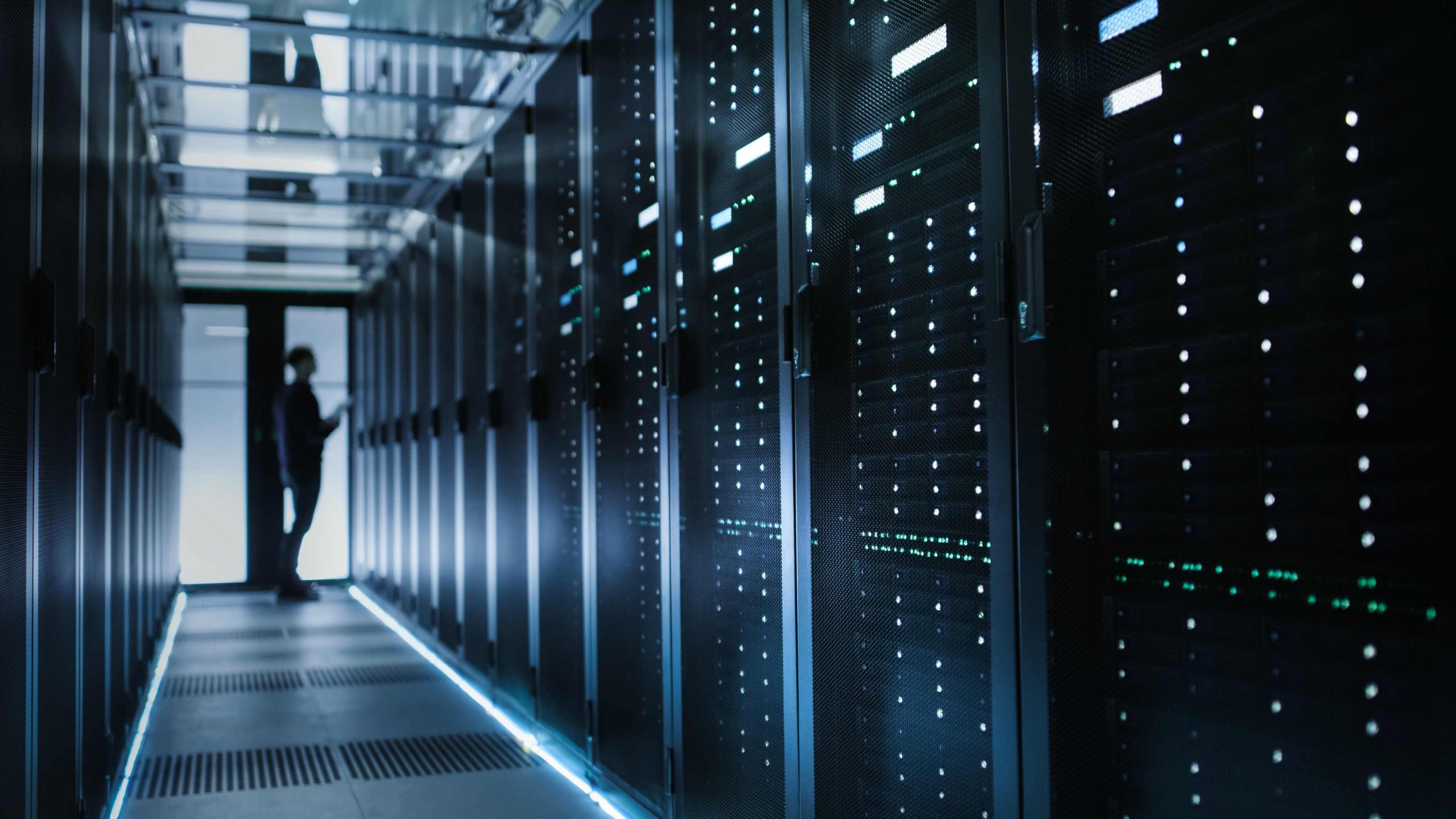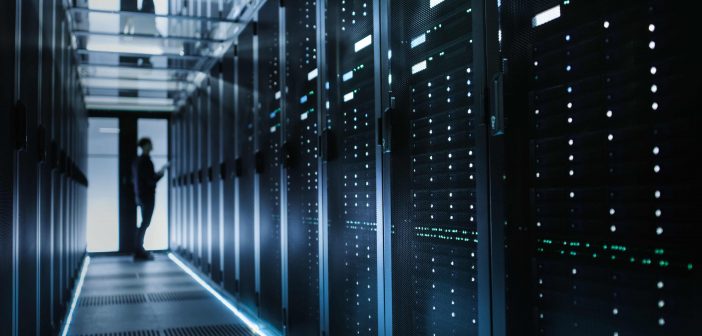
The United States will tap AUD794 billion in private sector investment to build AI infrastructure, create jobs, and keep the country ahead of AI rivals like China.
The Stargate program will bring together tech partners such as OpenAI, Oracle, Microsoft, Nvidia, and Arm, alongside funding partners such as MGX and SoftBank, in what will be the largest AI infrastructure project in history.
“This is great for the country,” said OpenAI CEO Sam Altman.
Stargate was announced shortly after Trump’s inauguration and just 24 hours after he reversed Joe Biden’s executive order on AI safety. “We have to get this stuff built,” said Trump, who wants to maintain the US’s tech edge over rival nations, particularly China.
Stargate takes care of the infrastructure part of the AI race with China. Rapidly building big data centres means the rollout of servers should keep pace with the demand for computational resources in AI application. The program will see twenty data centres built over the next five years, according to Oracle’s Larry Ellison.
Stargate is looking for start-up funding of AUD160 billion in the short term and the full AUD794 billion within four years. “I’m good for my $80 billion,” said Microsoft CEO Satya Nadella.
Privately funded by Trump helps smooth the path
Despite Trump’s sideline involvement and boosterism, private companies are funding 100% of Stargate. Japan’s SoftBank will manage financial responsibilities, while OpenAI will look after the project’s operational aspects. However, Trump signed a series of executive orders that removed or reduced many of the roadblocks to the development of Stargate and its technologies.
The project’s initial phase will see 10 data centres built in Texas. The program will also create an estimate 100,000 jobs.
The World Economic Forum was taking place in Davos at the same time as the Stargate announcement. After the news broke, Stargate dominated debate in Davos.
“The genie (AI) can’t be put back in the bottle,” said Google DeepMind chief Sir Demis Hassabis at the forum. “There’s much more at stake here than just companies or products. It’s the future of humanity, the human condition and where we want to go as a society.”
Over the Australia Day long weekend, it emerged that Stargate had yet to lock in funding commitments, despite Nadella’s bullish comments last week. It has also emerged that Stargate will serve only OpenAI once completed. With Microsoft now accelerating its own AI development, there is even speculation whether the legacy tech company will stay the course.
Australian government not so engaged with AI
Despite this, the US Government is developing sovereign AI capabilities in a manner that the Australian Government is not. There is no ostensible effort by the Australian Government to build AI infrastructure. Australia, one commentator wrote, “occupies the sidelines wondering where it will fit into the AI world order.”
Anton van den Hengel, chief scientist at the University of Adelaide’s Institute for Machine Learning, told the Australian Financial Review that AI capabilities and infrastructure are critical for a country’s economic and security well being, and will become more so.
“The challenge for Australia is that we are a decade behind the US and China, and we still haven’t started building our own sovereign capability,” he said.
However, Alex Coates, CEO of Australian data centre provider Interactive, said the shift in the AI landscape offered Australia opportunities. “As the demand for artificial intelligence infrastructure builds in the US, now is the time for Australia to take a front-row seat to the growing world of AI and the productive, holistic role we can take on that journey,” she said.






